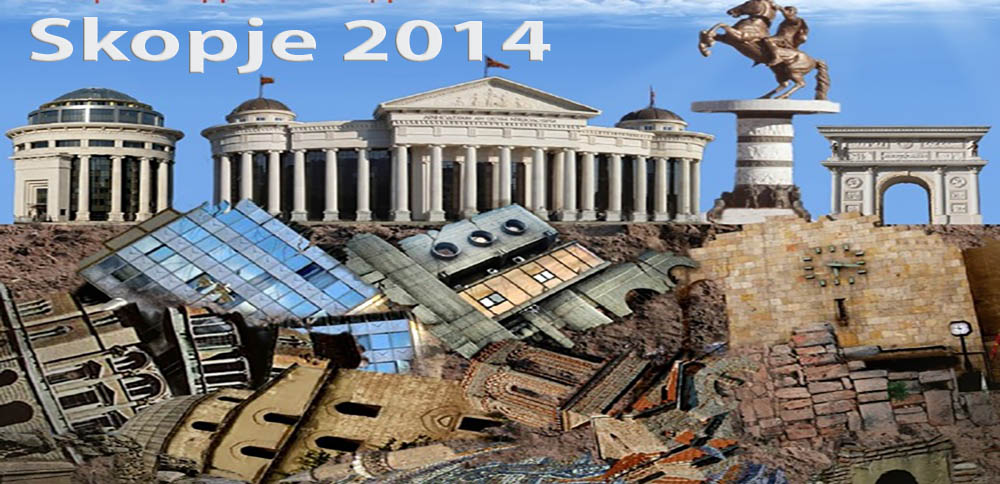The Story
The Skopje 2014 project was a massive urban renewal project in the capital of North Macedonia. The project, which was launched in 2010, aimed to give the city a new look, with a focus on its historical and cultural heritage. However, the project was soon mired in controversy, with allegations of corruption and mismanagement.
One of the most controversial aspects of the project was the cost. The initial budget for the project was €80 million, but the final cost is estimated to be as high as €560 million. This massive increase in cost has been attributed to a number of factors, including the lack of transparency in the bidding process, the use of inflated prices, and the construction of unnecessary projects.
In addition to the cost, the project has also been criticized for its aesthetic value. Many critics have accused the project of being "nationalist kitsch," with its focus on grandiose monuments and buildings that are out of keeping with the city's traditional character.
The allegations of corruption in the Skopje 2014 project have led to a number of investigations. In 2016, the Special Public Prosecution opened a preliminary investigation into the project, but no charges have been filed. In 2018, the Public Prosecution for Organized Crime and Corruption opened an investigation into the construction of the "Oko" bridge, which is one of the most controversial projects in the Skopje 2014 plan.
The allegations of corruption in the Skopje 2014 project have had a negative impact on the city's reputation. The project has been used by critics to argue that North Macedonia is a corrupt country, and it has made it more difficult for the country to attract foreign investment.
The future of the Skopje 2014 project is uncertain. The project has been largely completed, but there are still a number of unfinished projects. It is unclear whether the government will continue to fund the project, or whether it will be abandoned.
The Skopje 2014 project is a cautionary tale about the dangers of corruption in public procurement. The project has wasted millions of euros of taxpayers' money, and it has damaged the city's reputation. It is a reminder that corruption can have a serious impact on a country's development.
Current status
The Skopje 2014 project is still ongoing, but the pace of construction has slowed down significantly. The government has been under pressure to investigate the allegations of corruption, and there have been a number of protests against the project. It is unclear what the future of the project will be, but it is likely to remain a controversial issue for many years to come.
Conclusion
The Skopje 2014 project is a complex and controversial issue. There is no doubt that the project has been marred by corruption and mismanagement. However, it is also important to note that the project has also had some positive impacts on the city. The project has helped to revitalize the city center, and it has created jobs for local businesses. Ultimately, the legacy of the Skopje 2014 project will depend on how the government addresses the allegations of corruption and mismanagement.







